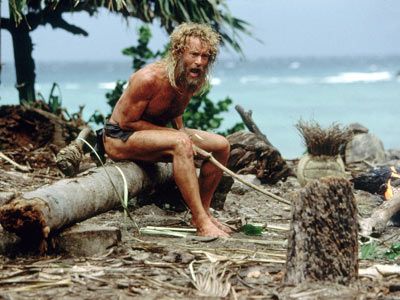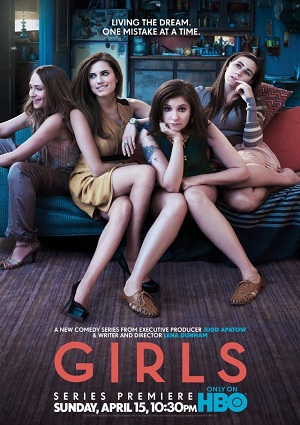Combining both their physical origins and the cultural overlay of human presence, often created over millennia, landscapes reflect the living synthesis of people and place vital to local and national identity. Landscapes, their character and quality, help define the self image of a region, its sense of place that differentiates it from other regions. It is the dynamic backdrop to people’s lives.When people recreate landscapes, whether through gardening, painting, or even film, they are reframing facts (plants, rocks, architecture) to reflect cultural ideals. So what does space, 'the west', and urban centers reveal about American Society?
-----------------------------------------------------------------------------------------------------------
"The West"
I'm staring with "The West' because it's the where American landscape began. The concept of "The West" represents more than just the desert in The Good, The Bad, and The Ugly. Physically it is any underpopulated and isolated location between the Atlantic and Pacific oceans (sometimes in it): the Rocky Mountains or Appalachian Mountains, the Badlands or the bountiful plains, Anchorage or San Antonio. "The West" is the untamed horizon with unlimited potential and unknown consequences. Essentially, "The West" is American Purgatory.
Now let's not get too theological about this. The Catholic Church defines purgatory as "purification, so as to achieve the holiness necessary to enter the joy of heaven, which is experienced by those who die in God’s grace and friendship, but still imperfectly purified", which we can reinterpret for a place for an individual to prove herself as worthy to become an Astronaut or unworthy and become Zombie (although we don't always see the 'final judgement' come to fruition). The judgement, of course, is not passed by people, but by God via the Eden, the unaltered landscape. The natural world unbiasedly challenges individual and provides an even battleground for all, allowing individuals to exist entirely as themselves.
 |
| True Grit (2010) Battleground: Purgatory |
True Grit revolves around three main characters: Mattie Ross, Rooster Cogburn, and Ranger LaBoef chasing down Tom Cheney in Indian territory. The film challenges the preconceptions of good vs bad morals for protagonists. Mattie has a tough and ernest attitude quite unbecoming an innocent young girl. We question Cogburn's judicial ethics during his trial. LaBoef's self-confidence comes across as creepy and juvenile. After the characters cross the water and enter "The West" the traits prove virtuous. They do not belong in the city, but in a landscape that tests them without societal judgment. In this land they rely on only their own instinct and own sense of morality, free from the established notions of what is good, right, or correct.
| Brokeback Mountain (2005) Two Cowboys in Eden |
We all remember Brokeback Mountain with Heath Ledger and Jake Gyllenhaal. Two cowboys, alone, only the landscape and their sheep to observe their deeds. They give in to their bodily desires for each other and fall in love surrounded (isolated) by the Wyoming Rocky Mountains. Life is dandy. Until the ranch-manager discovers them. The manager does not actually ranch among the landscape- he lives in town, where social constructs state men can't physically love each other. This attitude extends to their post-ranching lives; the characters marry women and live in towns, but travel to remote locations to relive their love for each other. No matter what your stance is on homosexuality, you must recognize how 'The West' is without consequence or judgement versus the town/society.
 |
| Cast Away (2000) A Man on Purgatory Island |












